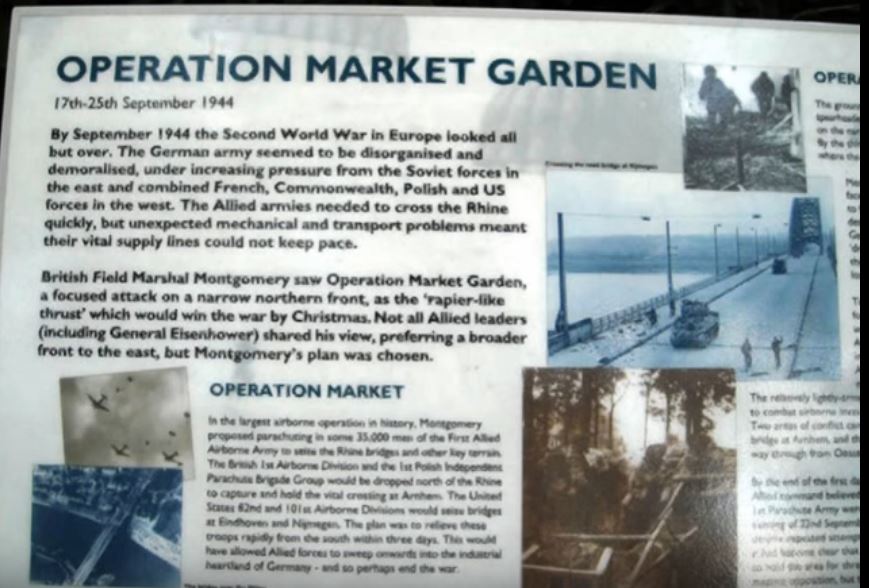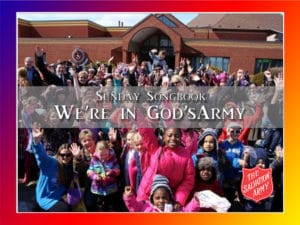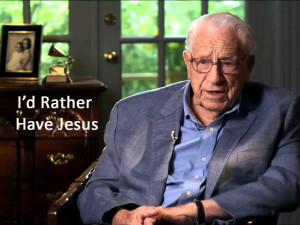To Freedom – Howard Evans
Operation Market Garden was one of the boldest plans of World War Two. Thirty thousand British and American airborne troops were to be flown behind enemy lines to capture the eight bridges that spanned the network of canals and rivers on the Dutch/German border.

[likebtn theme=”github” counter_type=”subtract_dislikes”]
Operation Market Garden was one of the boldest plans of World War Two Share on XAt the same time, British tanks and infantry were to push up a narrow road leading from the Allied front line to these key bridges. They would relieve the airborne troops, and then cross the intact bridges.
To Freedom commissioned June 2013, is intended to work programmatically as a dual level. On the one hand it is inspired by the story of Amhem from WW2, but the temporal scenes also represent the spiritual battles that we face in our lives.
The music opens with the drum call from the film ‘A Bridge Too Far’ Share on XThe music opens with the drum call from the film ‘A Bridge Too Far’ and is quickly followed by the sound of a siren. This leads into the first full section which represents the mechanistic conflict of war, using fragments of themes that come later in the piece. The middle section represents the sacrifice of war. At Amhem there are many war graves and the scene is of the early morning mist around the white stones representing the lives given in the conflict. This section uses phrases from the song we use in remembrance events, ‘Abide With Me’. The final section is the triumph of the fight for freedom. It uses a song from the Continental Singers, ‘Now I Am Free’.
The middle section represents the sacrifice of war Share on XOn the spiritual level these sections also represent: 1. The conflict we experience in our lives, 2. The ultimate sacrifice that was given by Jesus for us, 3. The joy of our spiritual freedom in Christ.
Enjoy!




